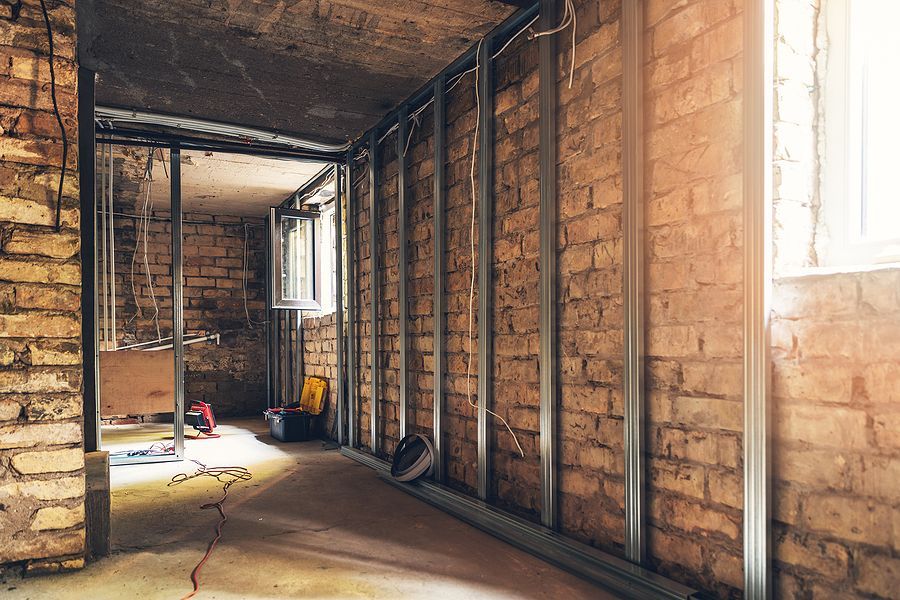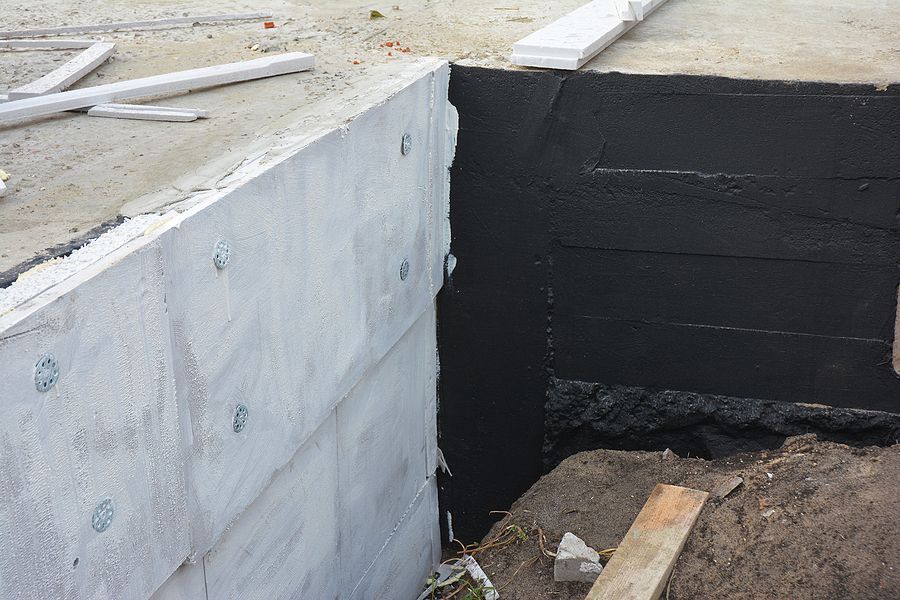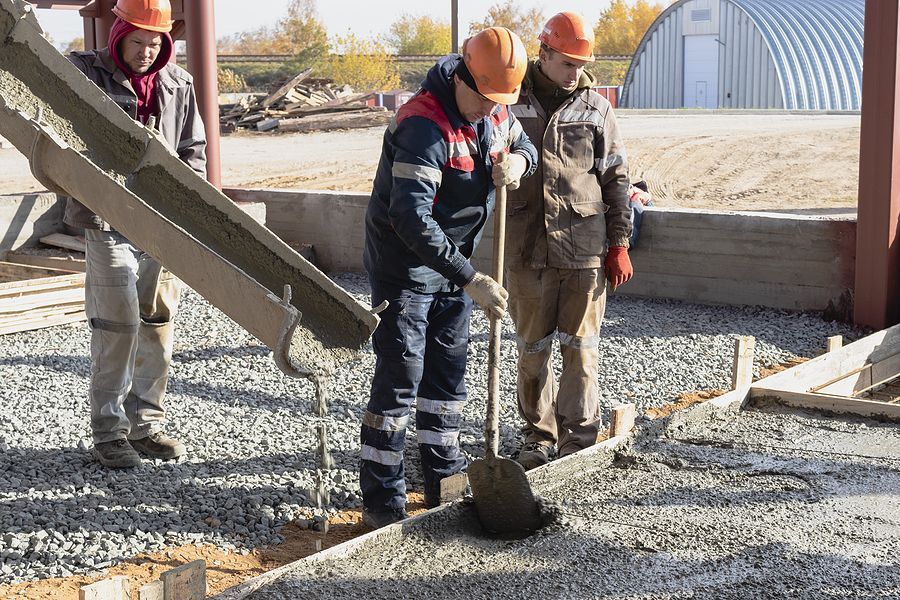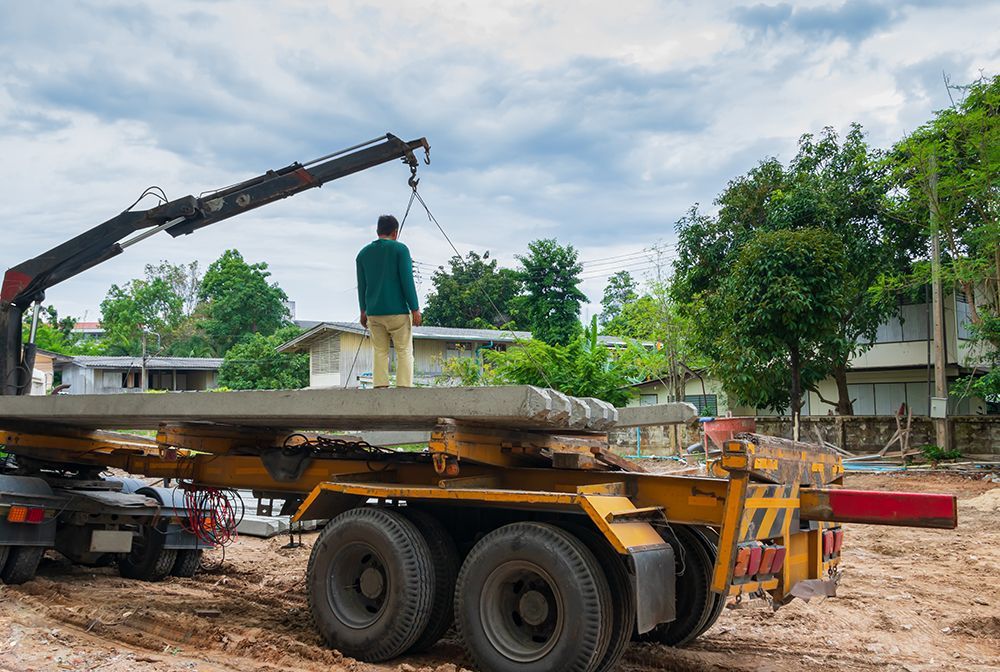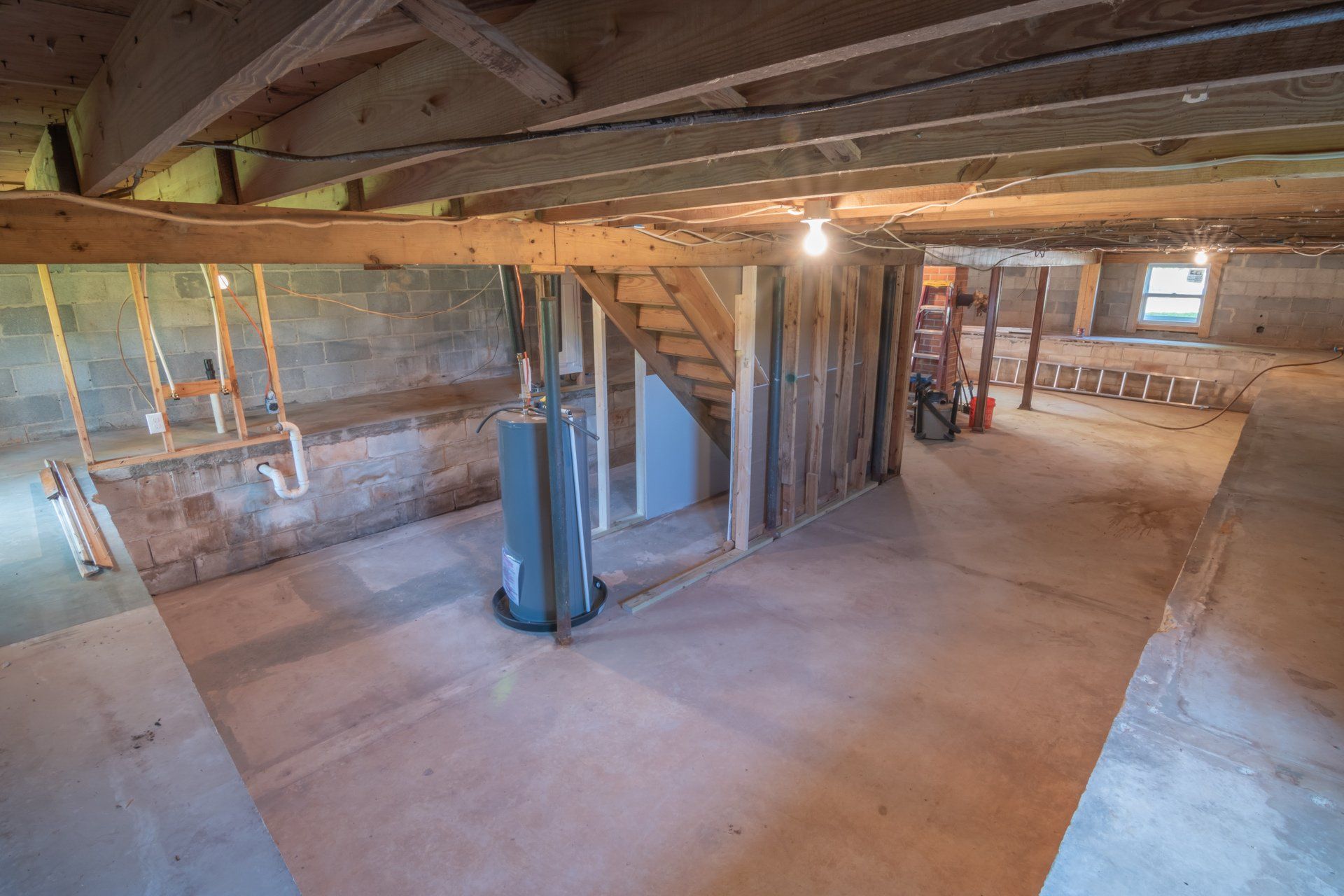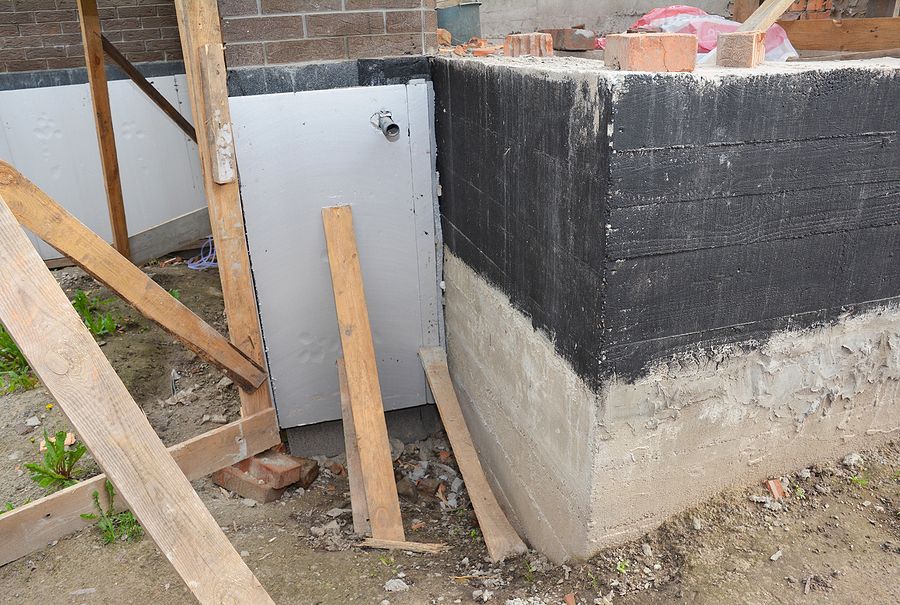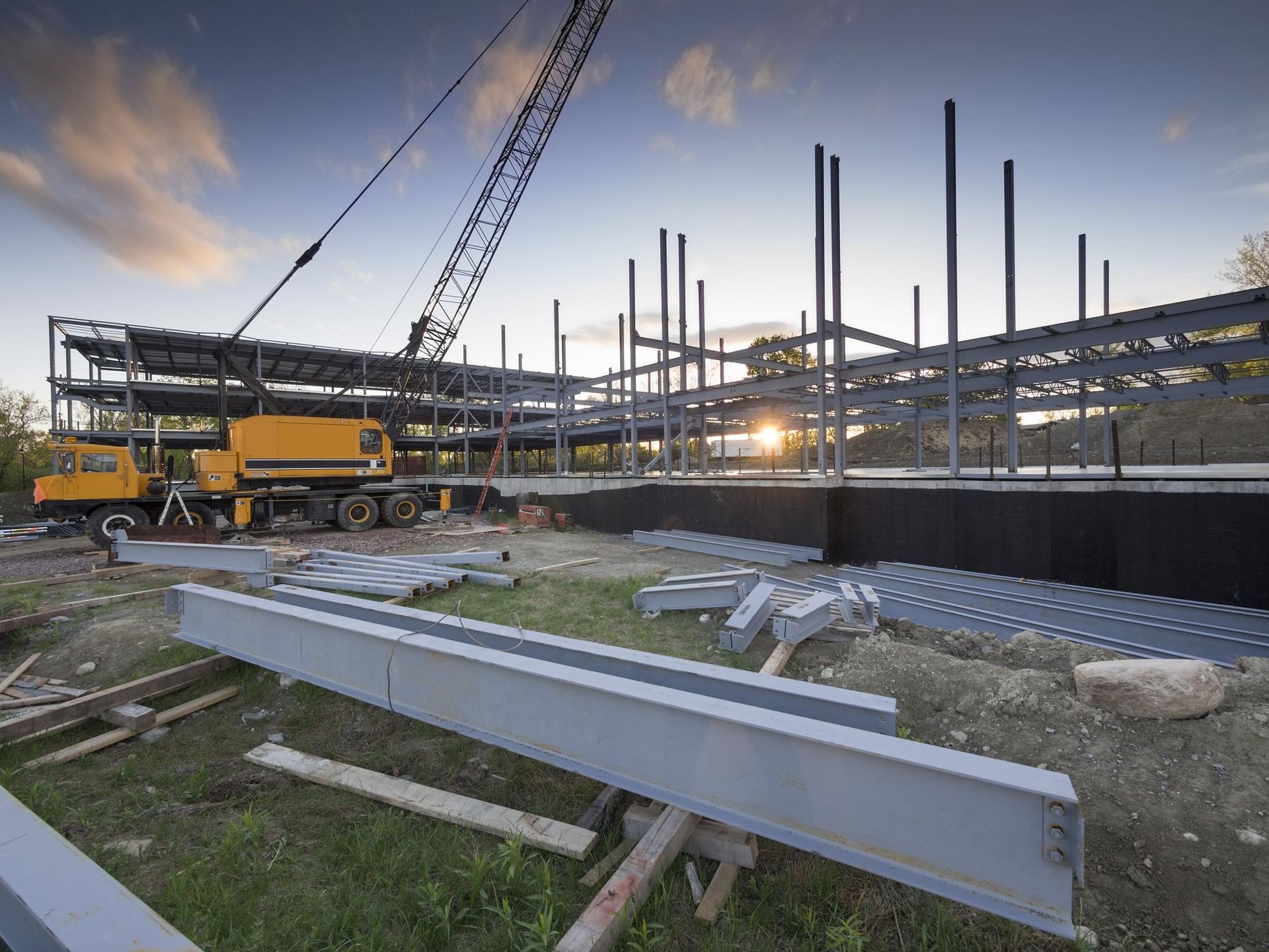Seal the Deal: Expert Crack Repair Services Close to Home
Comprehensive Guide to Local Crack Repair Solutions for Foundations, Concrete Surfaces, and More
In every homeowner's life, there comes a time when the unexpected sight of a crack in a concrete foundation, basement wall, or driveway demands immediate attention. Not only are these cracks unsightly, but they can also be indicative of more severe structural problems that threaten the safety and integrity of your property. This guide aims to steer you through the various options for addressing these issues with expert crack repair services close to your home.
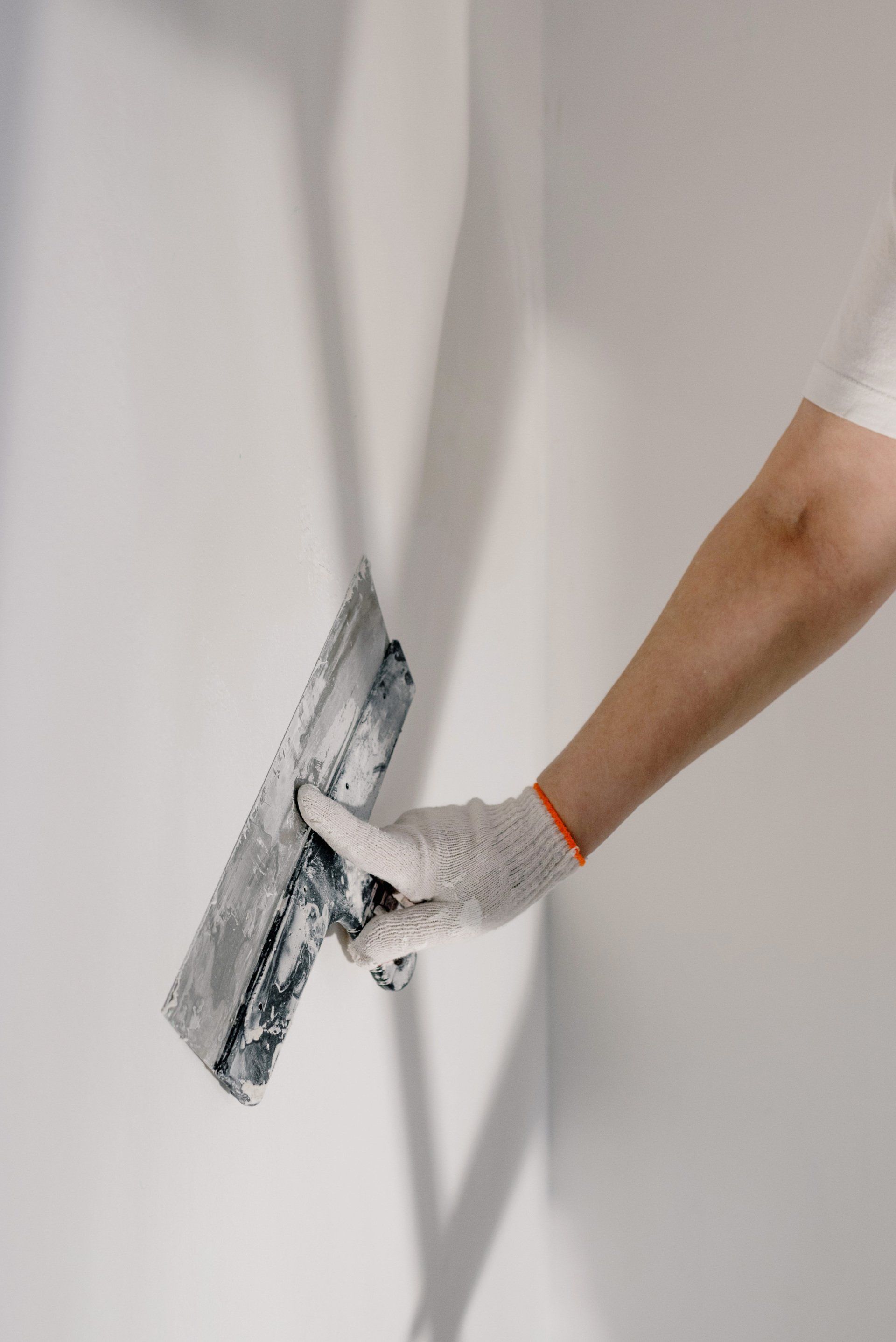
Understanding the Importance of Timely Crack Repair:
Cracks, whether in your foundation, driveway, or walls, can lead to significant damage if left untreated. They provide a pathway for water to enter and weaken the structure, potentially leading to more extensive and expensive repairs down the line. Therefore, identifying and repairing these cracks promptly is crucial.
Types of Cracks and Their Implications:
Foundation Cracks:
Foundation Crack Repair Near Me: Foundation cracks can be hairline fractures or wide gaps. These cracks might indicate settling or shifting of your house, requiring immediate inspection and repair.
Basement Foundation Crack Repair Near Me: Cracks in the basement foundation are particularly problematic as they can lead to water leakage, which fosters mold growth and weakens structural integrity.
Concrete Surface Cracks:
Concrete Crack Repair Near Me:
Concrete surfaces like patios, sidewalks, and driveways can develop cracks due to weathering, thermal expansion, or substrate movement.
Driveway Crack Repair Near Me and Concrete Driveway Crack Repair Near Me: These specific types of concrete cracks not only diminish the aesthetic value of your property but can also affect functionality, causing damage to vehicles and posing trip hazards.
Wall and Floor Cracks:
Wall Crack Repair Near Me:
Wall cracks can be caused by differential settling of the house, thermal expansion, or moisture issues.
Garage Floor Crack Repair Near Me: Similar to other concrete cracks, those in garage floors need to be addressed quickly to prevent moisture ingress and deterioration of the garage's structure.
DIY vs. Professional Crack Repair:
While minor cracks can sometimes be addressed with DIY solutions, understanding when to call in the experts is essential for ensuring the job is done right.
DIY Approach: Suitable for small, non-structural hairline cracks. DIY kits are available for minor concrete and drywall repairs.
Professional Services: Essential for structural, wide, or deep cracks. Professionals have the tools, materials, and expertise to perform repairs that ensure long-term stability and compliance with local building codes.
Choosing the Right Crack Repair Service:
Finding a reliable crack repair service near you involves several considerations:
Expertise and Experience: Look for service providers with significant experience and a good reputation in your community.
Services Offered: Ensure they offer the specific repair service you need, be it basement wall crack repair, concrete driveway repair, or foundation stabilization.
Licenses and Insurances: Verify that the contractor is licensed and insured to protect yourself against any liabilities.
Estimates and Assessments: A reputable contractor will provide a free assessment and a clear, detailed estimate of the work required.
Preventive Measures to Avoid Future Cracks:
While repairing existing cracks is crucial, taking proactive steps to prevent new ones is equally important:
Regular Inspections: Schedule regular inspections of your property to catch and address potential issues early.
Proper Drainage: Ensure that your property has adequate drainage to prevent water from pooling around the foundation.
Quality Construction and Maintenance: Use high-quality materials and maintain your property regularly to mitigate the risk of cracks.
Step-by-Step Guide to Handling Common Cracks:
1. Identifying the Type of Crack:
Visual Inspection: Begin by examining the size, shape, and location of the crack. Fine, hairline cracks are often less serious, but larger, jagged, or diagonal cracks can suggest structural issues.
Monitoring: Place marked gauges across the crack and monitor any changes over time. If the crack widens or extends, it’s a sign that the issue may be worsening.
2. Selecting the Right Repair Method:
Epoxy or Polyurethane Injections:
For non-structural and leaking foundation cracks, injections can seal and bond the cracks effectively.
Stitching or Stapling: Used primarily for structural wall cracks, this method involves using metal staples to bridge cracks and halt their progression.
Underpinning: If the cracks result from foundational settlement, underpinning the foundation with piers or pilings may be necessary to stabilize your home.
3. Preparing the Crack for Repair:
Cleaning:
Remove any loose material and debris from the crack using a wire brush or vacuum.
Widening: For certain types of repairs, slightly widening the crack can help improve the adhesion of the filling material.
Applying a Bonding Agent: For deeper or wider cracks, a bonding agent may be applied before the filler to ensure a strong seal.
4. Completing the Repair:
Filling the Crack: Use the appropriate filler material for the type of crack and conditions. For concrete cracks, a flexible sealant or a concrete patching compound may be used.
Finishing: Once the filler has cured, smooth any excess to ensure the repair blends seamlessly with the surrounding area.
Waterproofing: Apply a waterproofing sealant to protect the repair from moisture and weather conditions.
Maintenance Tips to Extend the Life of Repairs:
Regular Cleaning: Keep repaired areas clean from dirt and debris to prevent new cracks from forming.
Sealant Reapplication: Reapply sealant as needed to maintain a moisture barrier and protect against weather damage.
Avoid Chemical Exposure: Protect concrete surfaces from de-icing chemicals and salt, which can exacerbate cracking.
Future-Proofing Your Home Against Cracks:
Material Choice:
When undertaking new construction or repairs, choose flexible and durable materials that can accommodate movement and temperature changes.
Proper Installation: Ensure that all installation work is carried out according to manufacturer recommendations and industry best practices.
Periodic Reviews: Schedule periodic reviews with a structural engineer to assess the health of your property, particularly if it has a history of cracking issues.
Conclusion:
Cracks in your property can be unsettling, but with the right knowledge and approach, they can be managed effectively. From diagnosing the problem to choosing a qualified
"crack repair near me" service, each step you take is crucial in maintaining the structural integrity and aesthetic appeal of your home. Don’t wait for minor issues to become major headaches—act swiftly to address cracks and enlist professional help when needed.

